In other words:
The first, is the stimulation that readers get when they read fiction books compared to non-fiction books.
Second, is the exposure of the media and "theory of mind" development to readers at a young age.
And Third, what reading does to alter the mind.
Now, I understand that not everyone reads (and that is perfectly okay). Nor am I making any judgments about people who don't read. But do keep in mind that this is a blog post written by an avid reader who passes the time adding books to her Goodreads account when she is bored. So, how about we take a break reading that awesome Donna Tartt novel that just won the Pulitzer Prize and read about what makes us, readers, so special.
According to a study back in 2005, Raymond Mar from York University and Keith Oatley from the University of Toronto, wanted to know if the stereotype of the "socially awkward reader" was true to readers who read non-fiction books compared to readers who read fiction books. They predicted that frequent fiction readers would bolster or maintain their social abilities in comparison to frequent readers of non-fiction books. What they found supported their hypothesis that readers exposed to fiction books had positively predicted measures of social ability, while readers exposed to non-fiction books had a negative predictor. The reason was because readers who were exposed to the fiction books had the common tendency to become so absorbed in a story that they began showing signs of empathy.
The Twilight Zone. Time Enough at Last (1959)
But what happened to the readers who were exposed to the non-fiction books? Mar and Oatley found that non-fiction readers had a negative correlation observed between exposure to non-action texts and empathic skills. They suggested that this indicated the "socially awkward reader" stereotype. "By reading a great deal of narrative fiction, non-fiction readers would have a reduced direct interpersonal contact by simulating the social experiences depicted in stories. . . . by consuming predominantly non-action books, they failed to simulate such experiences and may accrue a deficit in social skills as a result of removing themselves from the actual social world."
No surprise, we gain empathetic knowledge from fictional books because we experience someone else's life through abstract eyes and see their world through other frames or references. True, you can do this also in non-fiction books. However it's easier for readers to feel empathy for others if they were constantly exposed to fiction books because the readers feel every pain and joy that their protagonist in their book endures despite the novel's genre.
Skip ahead to 2009, where Raymond Mar conducted yet another study with Jennifer L. Tackett and Chris Moore. This time, they were looking to see if different forms of narrative media influenced children's development of "theory of mind." Theory of mind is the ability to attribute mental states to oneself and others and to understand that others have beliefs, desires and intentions that are different from one's own. Kind of like, sympathy. They looked at 4 - 6 year-olds' inferred exposure to children's literature, television and film, using an objective measure that controls for socially desirable responding. They hypothesized that inferred exposure to children's storybooks predicted "theory of mind" abilities.
But what Mar, Tackett and Moore found was that it wasn't the books that primarily jumpstarted the child's "theory of mind," but rather the parents who read aloud to their child. More specifically, it was the parental recognition of children’s literature, that acted as a nearly identical measure of inferred adult book exposure. There were a number of possible mechanisms that could explain the observed relations. One was, conversations between parent and child might have fostered the acquisition of "theory of mind," and second was joint reading of a wordless storybook. The researchers believed that these types of conversations in the context of joint reading was associated with social understanding (like emotions!) particularly if such conversations were initiated by the parent.
This means, that if your parents read out loud Goodnight Moon to you when you were younger, it essentially increased your "theory of mind." "Talking about story characters and their desires, beliefs, and emotions appears to guide a child's growing understanding that people possess mental states," says Mar. "It may also be that children are mentally stimulating the events depicted since previous work has demonstrated that children adopt the visuospatial perspective of story protagonists and experience physiological reactions indicative of deep immersion in a story."
So, congratulations if you were one of the lucky children to have your parents read bedtime stories to you when you were younger. Thanks to your parents, you've now achieved a lifetime full of sympathy for others. Use it wisely!
As if the previous two explanations didn't convince you enough that reading does something to change a person, a study back in 2001 (not by Raymond Mar this time) was published about how reading alters a person's mind. Researchers, Anne Cunningham and Keith Stanovich, conducted a study where they wanted to know what cognitive ability arose after reading. They believed that reading was the prime contributor to individual differences in children's vocabularies, rather than oral language. They broke this down to three different language categories: written language, words spoken and adult speech. What they did was explore the linkage between first grade reading and cognitive abilities and then eleventh grade outcomes in a ten year span. They administered a set of reading comprehension, cognitive ability, vocabulary and general knowledge tasks. First they addresses the question of whether the speed of initial reading acquisition in the first grade could predict later tendencies to engage in reading activities. To their surprise they found that an early start in reading at a young age strongly predicted a lifetime of literacy experience regardless of the level of reading comprehension ability that the individual eventually attains. This meant that students who got off to a fast start in reading – especially on their own – were more likely to not only read more over the years, but would help children compensate for modest levels of cognitive abilities by building their vocabulary and general knowledge.
To put it simply, reading makes you smarter. Pretty soon we'll all be speaking Shakespearian and no one will know what the hell we're talking about.
Essentially, when kids finally start reading on their own they not only unlock the ability to improve their speech and grammar, but they also cognitively undergo a positive feedback loop after finishing a book. Kind of like a reward after achieving a task. And because of this positive feedback after completing a book, the child wants to read more books.
The more books the kid reads, the more grammar they will learn later on in the future. So what you should do is make your kid read the entire Lord of the Rings Trilogy on his or her own. Depending if your child likes the style that J.R.R Tolkien writes in, then your kid will feel like he climbed a mountain after finishing the trilogy. Hopefully he or she will learn a few new vocabulary words, or – you know – start speaking Elvish.
Apart from the science, creatively, readers also display certain qualities that many people are drawn towards. Besides their empathetic and sympathetic traits, readers are passionate people. Whether it's raising money for charity or attending sporting events, readers have this ability to be so devoted to something outside of work and home that their gung-ho devotion is ultimate seen by others as more interesting.
"Why Readers, Scientifically, Are The Best People To Fall In Love With."Elite Daily. Martin, Lauren Web. 9 July 2014.
"Bookworms versus nerds: Exposure to Wction versus non-action divergent associations with social ability, and the simulation of Wctional social worlds." Journal of Research in Personality. Mar, Raymond, Oatley, Keith, 15 September 2005.
"Exposure to media and theory-of-mind development in preschoolers." Mar, Raymond, Tackett, Jennifer, Moore, Chris, 2009.
"What Reading Does for the Mind." Anne E. Cunningham And Keith E. Stanovich 2001
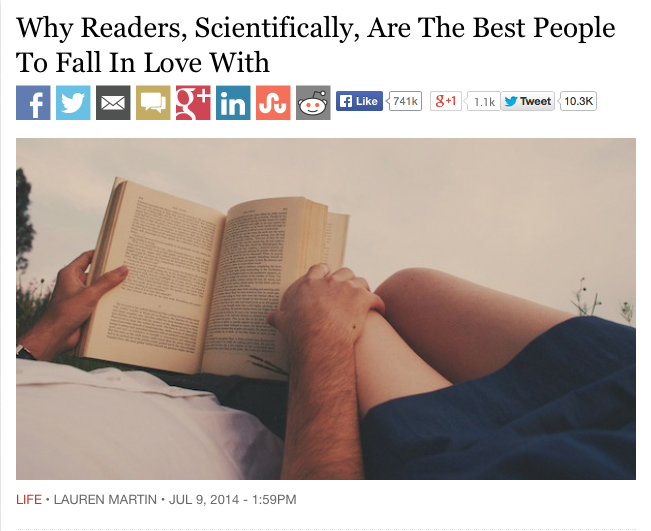

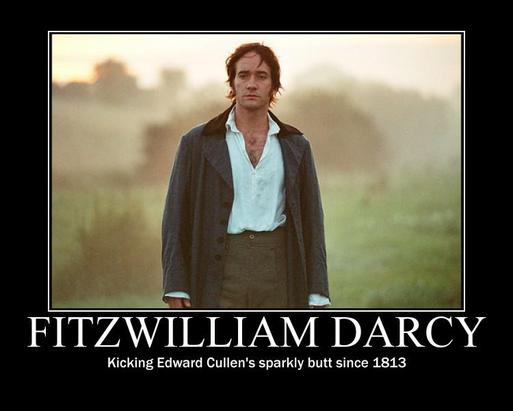
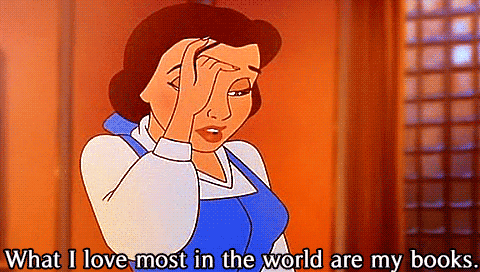
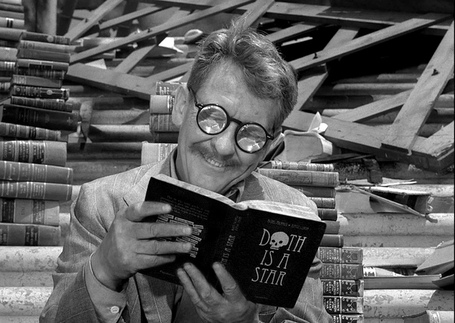
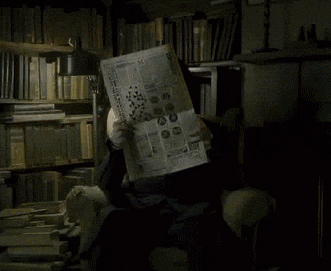
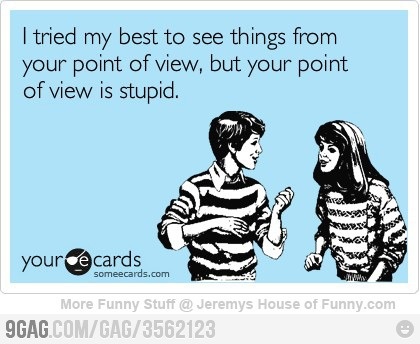
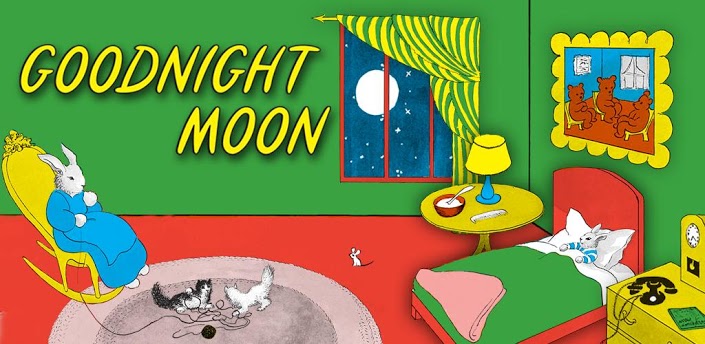

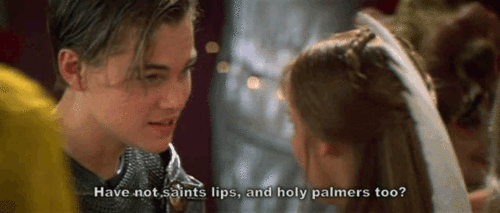

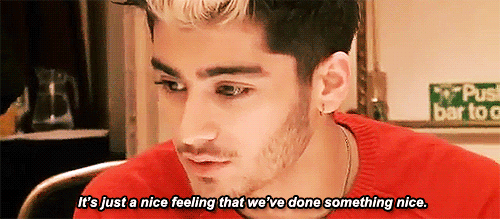

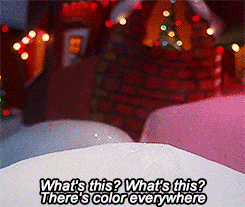

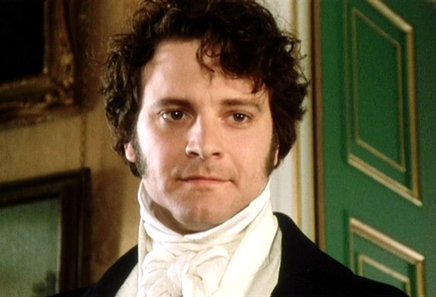
 RSS Feed
RSS Feed
